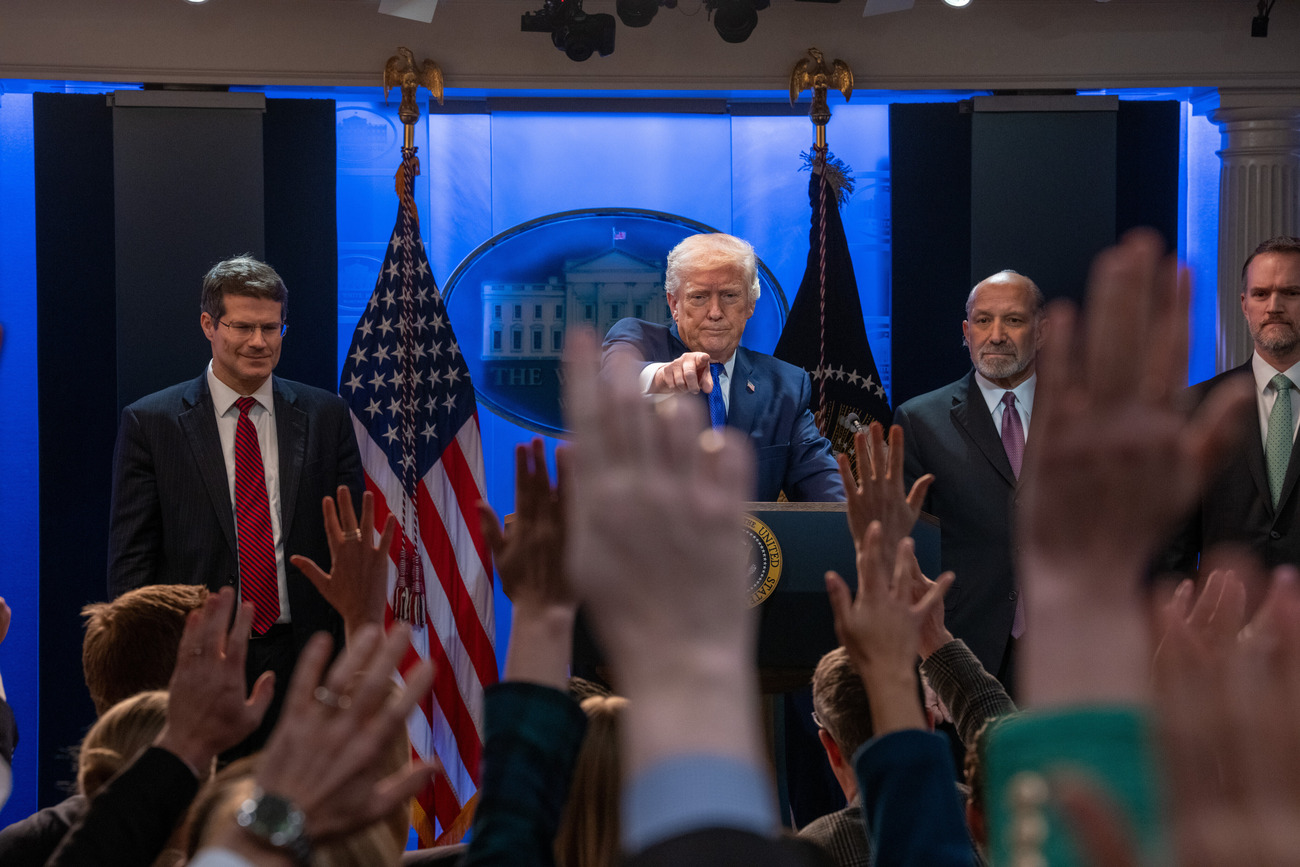The United States and Brazil: Defeating Fear
The United States and Brazil: Defeating Fear
McLarty Associates Managing Director Kellie Meiman writes, "If Brazil can come into its own as a true pragmatic stakeholder in the global economy and international institutions at the same time that the United States reemerges as a champion of multilateralism, there is much our countries can achieve together."
Over the years, the U.S.-Brazil relationship has passed through various iterations. It was characterized in great measure during the second half of the twentieth century by a natural tension between the hemisphere’s continental powers, despite a warm personal relationship in the 1990s between Presidents Fernando Henrique Cardoso and Bill Clinton. During this time, a relatively insular Brazil worked around the United States whenever possible, and a U.S. superpower often sought to isolate Brazil in regional policymaking.
Under President George W. Bush, a serious effort to deepen the bilateral relationship was a highlight amongst an otherwise challenged foreign policy agenda. Brazil, for its part, has begun the twenty-first century concretely realizing its ambitions as the “country of the future,” taking its proper place on the global stage. Not only the Brazilian government, but the private sector has contributed to this new reality, with Brazilian multinationals from varied sectors investing heavily in diverse markets from the U.S. to China to India, and several African countries.
Today, we have an opportunity to take the U.S.-Brazil relationship to a different level on mutually critical issues, including regional, global, energy, environmental, and economic security. In a fractious, multipolar world driven by inherently power-diffusing technology and wracked by financial crisis, there is much that a pragmatic Brazil and a multilateralist United States can achieve together. Forging a broader strategic relationship between the United States and Brazil works to each of our benefit as we enter the next four years under reinvigorated U.S. leadership.
For obvious reasons, turmoil in the Middle East and the global economy will take priority for President-elect Barack Obama. At the same time, the United States needs to send a clear signal to the world that the era of unilateralism is over. One way to accomplish this is to reinstate credibility in important multilateral institutions, such as the United Nations, the World Bank and IMF, as well as the G-7 and G-20, all in desperate need of reform. Brazil has much to contribute to this effort, given its unique perspective on how best to integrate emerging powers into international frameworks. The current financial crisis has clarified to a broader public the need to modernize our international institutions to match today’s changed economic and political realities. In so doing, we must ensure that any reforms preserve our multilateral fora as a venue for productive and pragmatic discussion.
The failure to date of Doha Development Round, where U.S. and Brazilian interests are clearly aligned, argues also for continued U.S.-Brazilian focus on continuing to open markets and preventing a protectionist response to global economic challenges. Foreign Minister Amorim has wisely reinforced Brazil’s support of Doha. To push our trading partners toward progress on the Round will be difficult, but the benefit to our economies, to say nothing to the developing world, is worth the sacrifice.
Let us lay one fear to rest. Concerns have been expressed in the Brazilian media that a “protectionist” Democratic administration will be against Brazil’s interests. To the contrary.
In today’s challenging economic times, a U.S. leader from the center-left can best succeed in rebuilding the bilateral consensus in support of free trade that existed in the U.S. under Clinton. Prior to his inauguration, many in both the U.S. and Brazil expressed concerns about what economic policy in a Clinton presidency might represent. Those fears proved to be baseless.
In fact, the North America Free Trade Agreement likely would not have passed without Clinton’s unfailing leadership, a Democratic leader like Obama. Let us also recall that it was Clinton that approved the Uruguay Round in the United States. These and other feats were achieved by broadening the base of domestic support for market opening. Despite the challenges involved, we must cautiously endeavor to regain broad-based support for trade liberalization in the United States, in order to allow our country to again lead globally on these important issues.
No one understands better than President Lula the importance of leading from the left on strong, sustainable economic policy. The economic and social benefits resulting from his leadership on economic stabilization and growth are obvious. As in Brazil, all trade policy in the U.S. is fraught with political challenges, but the legacy of Smoot-Hawley—which introduced protectionism into U.S. economic policy at the worst possible time, in the heat of the Great Depression—has been forgotten by no one.
President-elect Obama’s economic advisors are quite simply some of the wisest economists and businesspersons in the United States, many of whom contributed meaningfully to the Clinton Administration. It is hard to imagine former Treasury Secretaries Robert Rubin and Larry Summers, New York Fed President Tim Geithner, or Warren Buffet ignoring the realities of globalization, even during difficult times. They each understand the benefits of expanding global trade.
Now is the time. If Brazil can come into its own as a true pragmatic stakeholder in the global economy and international institutions at the same time that the United States reemerges as a champion of multilateralism, there is much our countries can achieve together. We will not always agree, but after all, both President Inacio Lula da Silva and President-elect Obama essentially share a campaign slogan whose central premise represents “hope defeating fear.” That same notion aptly describes how both of our nations should approach the U.S.-Brazil political and economic relationship at the beginning of this new era. We can and should carry this relationship to a new level of sophistication in order to achieve its promise and possibilities.
Kellie Meiman is the managing director of McLarty Associates and was a diplomat and international trade negotiator during the Clinton administration.







